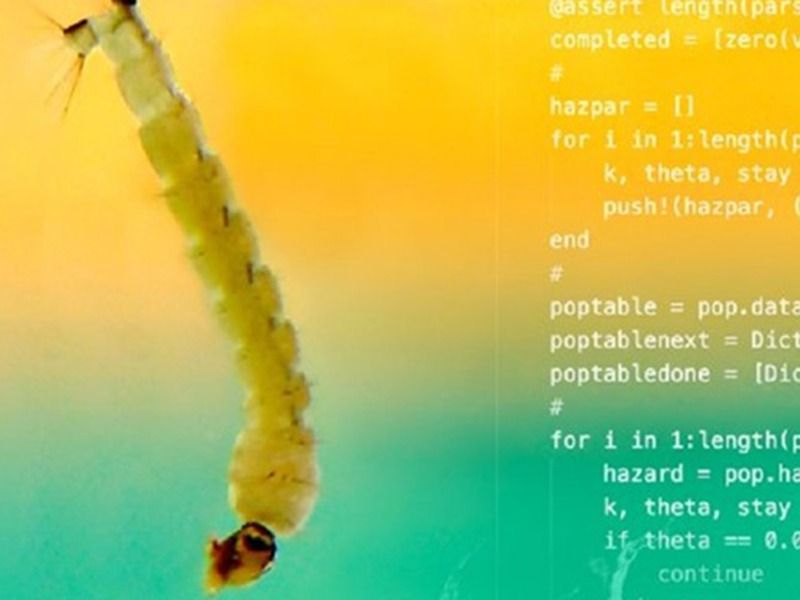
In a First for Cyprus, Wellcome Trust grant, awarded to Predict the Effects of Climate Change
on Insect-borne Diseases
Dr Kamil Erguler, Associate Research Scientist of CyI’s Climate and Atmosphere Research Center (CARE-C) is leading “VEClim” project, which is funded by the prestigious Wellcome Trust foundation in the UK and focuses on the impact of climate change on the spread and abundance of mosquitoes and other insect vectors of human diseases.
“VEClim” project aims to develop a computational tool that can assess the risk of transmission of such diseases in the future, aiding targeted vector and disease management. The project has a duration of five years and a budget of over half million Euros. It is the first such award the Wellcome Trust has ever made directly to a Cypriot institution.
Climate warming changes the habitable zones of disease-carrying insects that originate in the tropics, such as the notorious tiger mosquito, to countries where cold winter conditions previously prevented their spreading. This in turn increases the risk of transmission of diseases such as Dengue, Chikungunya and West Nile fever. CyI has been among the first to develop computational models of complex life activities that can predict the habitat suitability and abundance of disease vectors that are sensitive to environmental factors and climate change.
The models and predictions produced by the researchers will be made available to the public, policy makers and other stakeholders. A repository of climate relevant risk assessment tools will be developed through the high-performance supercomputing environment of CyI, providing a user-friendly, interactive web-based geographic information and decision support platform. The predictions will inform the public and contribute to global-to-local strategies of vector management, and help with efficient, cost-effective, and ecologically sound and sustainable vector control measures to put a stop to infectious disease spreading.



